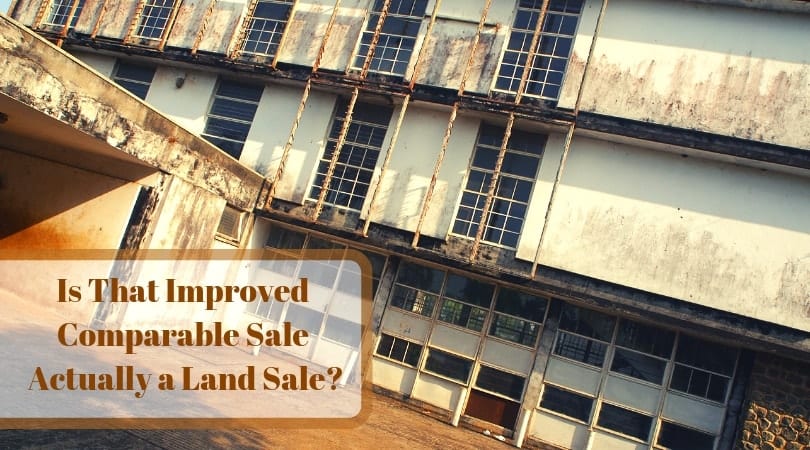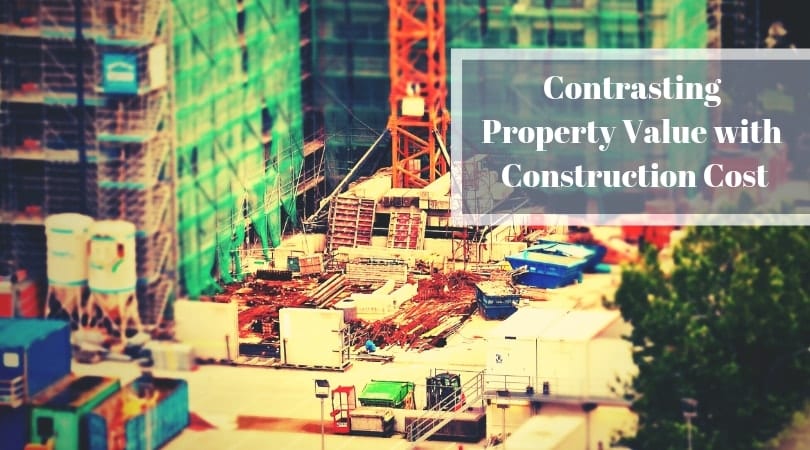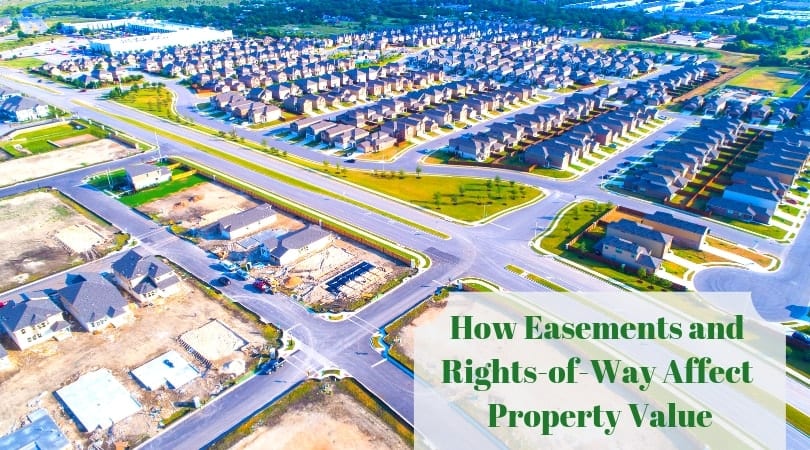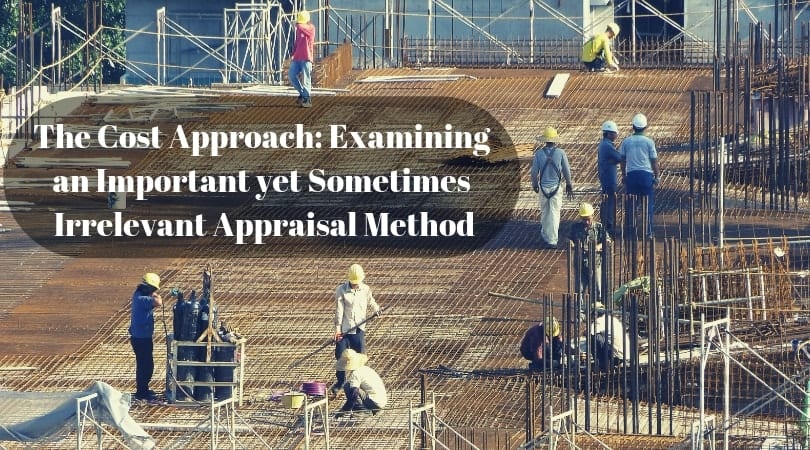Is That Improved Comparable Sale Actually a Land Sale?
Many residential appraisals don’t require the application of the cost approach, but there are situations where separate value opinions for land and improvements are necessary. In certain circumstances, the sales comparison approach is hampered by a shortage of sale properties that are truly comparable to the subject. Experienced appraisers recognize that a peculiar improved property […]









